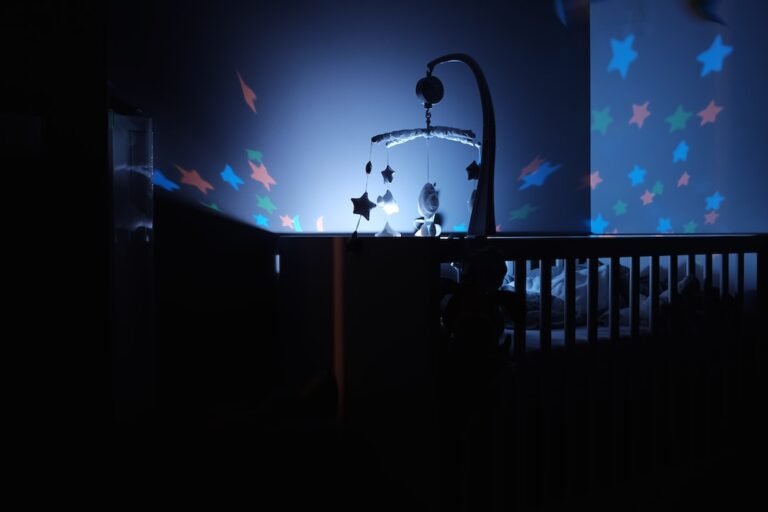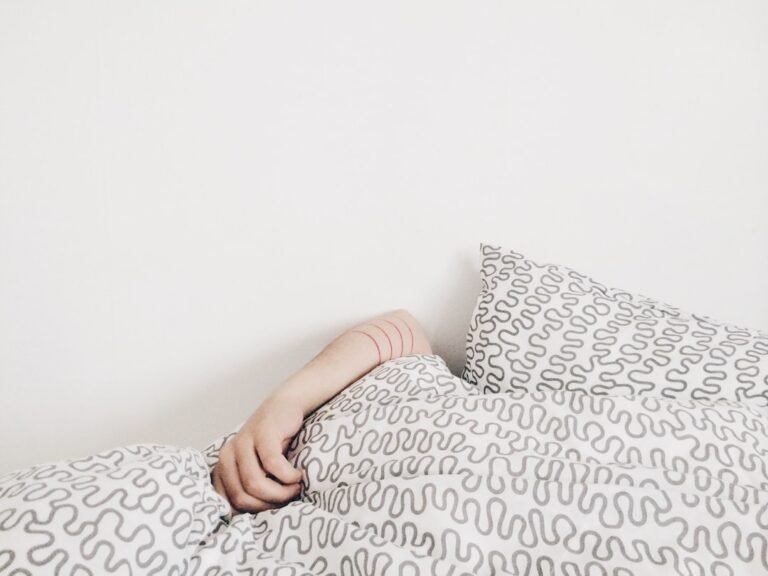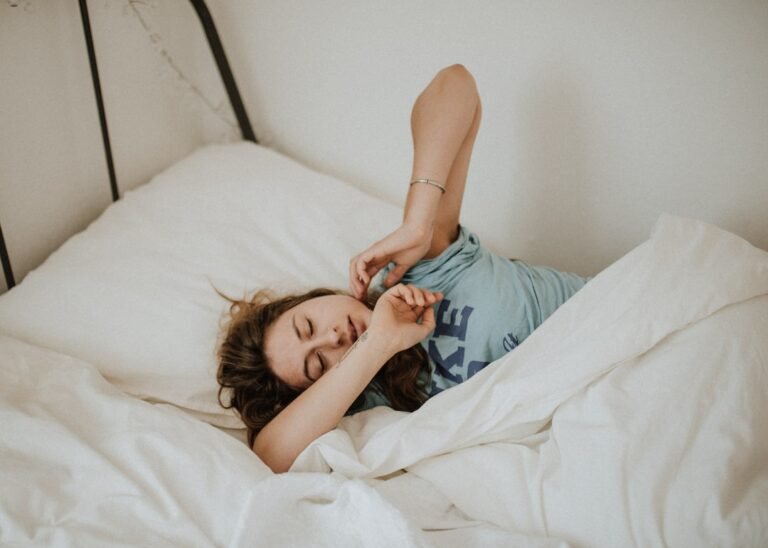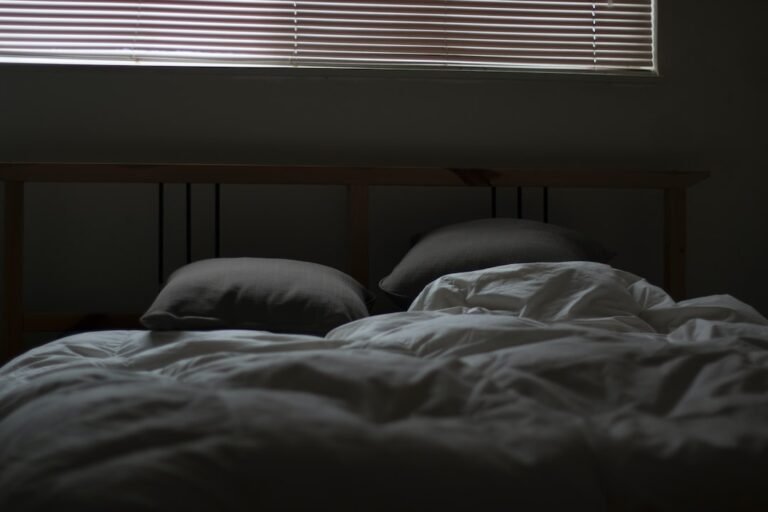Sleep Better Tonight: Discovering the Power of Natural Sleep Alternatives
Sleep is a fundamental aspect of our lives that is often overlooked. It is essential for our overall health and well-being, yet many people do not prioritize it. Getting enough quality sleep is crucial for our physical and mental health, as it allows our bodies to rest and rejuvenate. In this article, we will explore the importance of sleep for overall health and well-being, the dangers of overreliance on sleep medications, natural sleep alternatives, the benefits of herbal remedies and essential oils for better sleep, mind and body relaxation techniques to help you fall asleep faster, the role of diet and nutrition in promoting restful sleep, the impact of technology on your sleep and how to minimize it, creating a sleep-conducive environment, the connection between exercise and sleep, and developing a consistent sleep routine.
Understanding the Importance of Sleep for Overall Health and Well-being
Sleep plays a vital role in maintaining our physical and mental health. It is during sleep that our bodies repair and regenerate cells, strengthen the immune system, and consolidate memories. Lack of sleep can have serious consequences on our overall well-being. It can lead to decreased cognitive function, impaired judgment, increased risk of accidents, weakened immune system, weight gain, mood disorders such as depression and anxiety, and increased risk of chronic diseases such as diabetes and heart disease.
The Dangers of Overreliance on Sleep Medications and Their Side Effects
While sleep medications may seem like a quick fix for insomnia or other sleep disorders, they come with their own set of risks and side effects. Sleep medications can be habit-forming and may lead to dependence or addiction. They can also cause daytime drowsiness, dizziness, headaches, dry mouth, and gastrointestinal issues. In some cases, they can even worsen sleep problems or cause rebound insomnia when discontinued.
Natural Sleep Alternatives: A Safe and Effective Way to Improve Your Sleep
Natural sleep alternatives offer a safe and effective way to improve sleep without the risks and side effects associated with sleep medications. These alternatives focus on addressing the underlying causes of sleep problems and promoting relaxation and restfulness. They include lifestyle changes, relaxation techniques, herbal remedies, essential oils, and creating a sleep-conducive environment.
The Benefits of Herbal Remedies and Essential Oils for Better Sleep
Herbal remedies and essential oils have been used for centuries to promote better sleep. They can help calm the mind, relax the body, and induce a state of tranquility. Some popular herbal remedies for sleep include chamomile, valerian root, lavender, passionflower, and lemon balm. These herbs can be consumed as teas or taken in supplement form. Essential oils such as lavender, chamomile, bergamot, and ylang-ylang can be diffused in the bedroom or applied topically to promote relaxation and better sleep.
Mind and Body Relaxation Techniques to Help You Fall Asleep Faster

Relaxation techniques can be highly effective in helping you fall asleep faster and improve the quality of your sleep. These techniques focus on calming the mind and relaxing the body. Some popular relaxation techniques for sleep include deep breathing exercises, progressive muscle relaxation, guided imagery, meditation, and yoga. These techniques can help reduce stress and anxiety, quiet the mind, and prepare the body for sleep.
The Role of Diet and Nutrition in Promoting Restful Sleep
Diet and nutrition play a significant role in promoting restful sleep. Certain foods can help regulate sleep-wake cycles, promote relaxation, and improve sleep quality. Foods rich in tryptophan, magnesium, calcium, potassium, and vitamin B6 are particularly beneficial for sleep. Some examples include turkey, nuts and seeds, bananas, kiwi fruit, tart cherries, whole grains, leafy greens, and fatty fish. It is also important to avoid stimulants such as caffeine and alcohol close to bedtime, as they can disrupt sleep.
The Impact of Technology on Your Sleep and How to Minimize It
Technology has become an integral part of our lives, but it can have a negative impact on our sleep. The blue light emitted by electronic devices such as smartphones, tablets, and computers can interfere with the production of melatonin, a hormone that regulates sleep. Additionally, the constant stimulation from social media, emails, and notifications can make it difficult to wind down and relax before bed. To minimize the impact of technology on sleep, it is recommended to establish a technology-free bedtime routine, limit screen time before bed, use blue light filters or glasses, and create a sleep-friendly bedroom environment.
Creating a Sleep-Conducive Environment: Tips for a Comfortable and Peaceful Bedroom
Creating a sleep-conducive environment is essential for getting quality sleep. Your bedroom should be a sanctuary that promotes relaxation and restfulness. Some tips for creating a comfortable and peaceful bedroom include keeping the room cool, dark, and quiet; investing in a comfortable mattress and pillows; using blackout curtains or an eye mask; minimizing clutter; and using calming colors and scents.
The Connection Between Exercise and Sleep: How Physical Activity Can Improve Your Sleep Quality
Exercise has numerous benefits for overall health, including improving sleep quality. Regular physical activity can help regulate sleep-wake cycles, reduce stress and anxiety, increase the production of endorphins (feel-good hormones), and promote relaxation. However, it is important to time your exercise appropriately. Vigorous exercise close to bedtime can actually have a stimulating effect on the body, making it harder to fall asleep. It is best to engage in moderate-intensity exercise earlier in the day or at least a few hours before bedtime.
Developing a Consistent Sleep Routine: Strategies for Establishing Healthy Sleep Habits
Developing a consistent sleep routine is crucial for establishing healthy sleep habits. Going to bed and waking up at the same time every day, even on weekends, helps regulate your body’s internal clock and promotes better sleep. It is also important to establish a relaxing bedtime routine that signals to your body that it is time to wind down and prepare for sleep. This can include activities such as reading, taking a warm bath, practicing relaxation techniques, or listening to calming music.
In conclusion, sleep is a vital component of our overall health and well-being. It is essential for physical and mental rejuvenation, and lack of quality sleep can have serious consequences on our health. While sleep medications may seem like a quick fix, they come with risks and side effects. Natural sleep alternatives offer a safe and effective way to improve sleep quality. These alternatives include herbal remedies, essential oils, relaxation techniques, creating a sleep-conducive environment, exercise, and developing a consistent sleep routine. By prioritizing sleep and implementing these strategies, you can improve your sleep quality and enhance your overall health and well-being.







